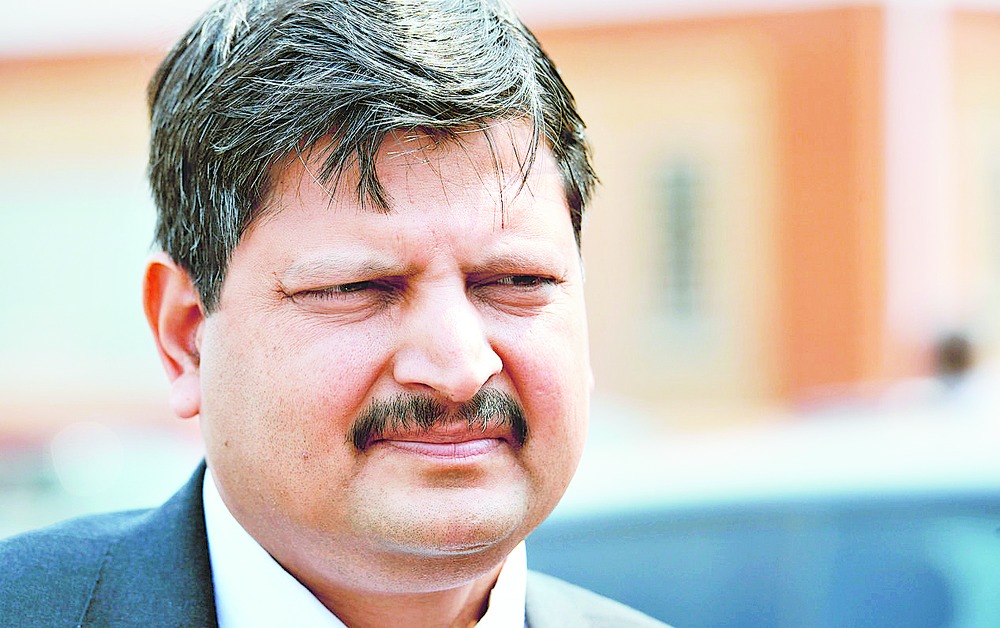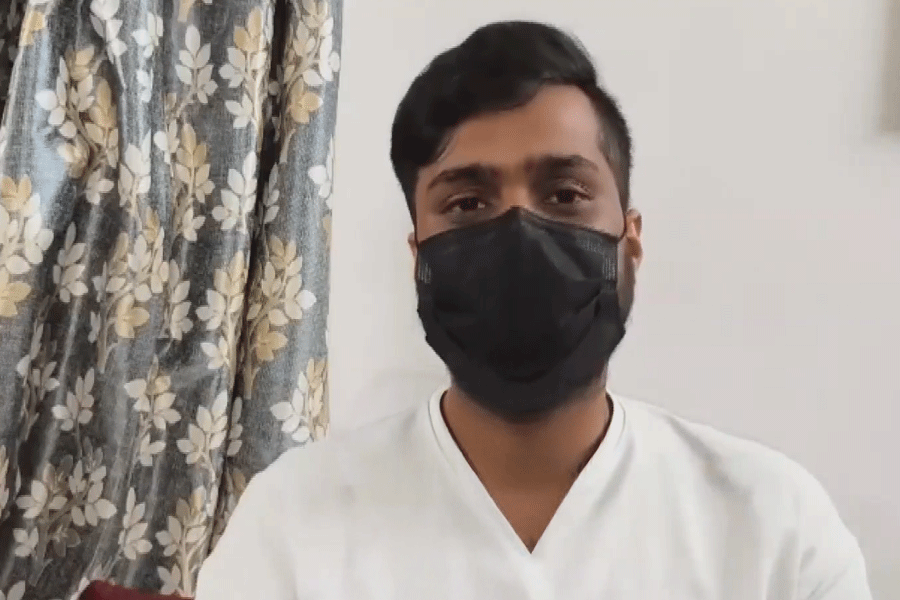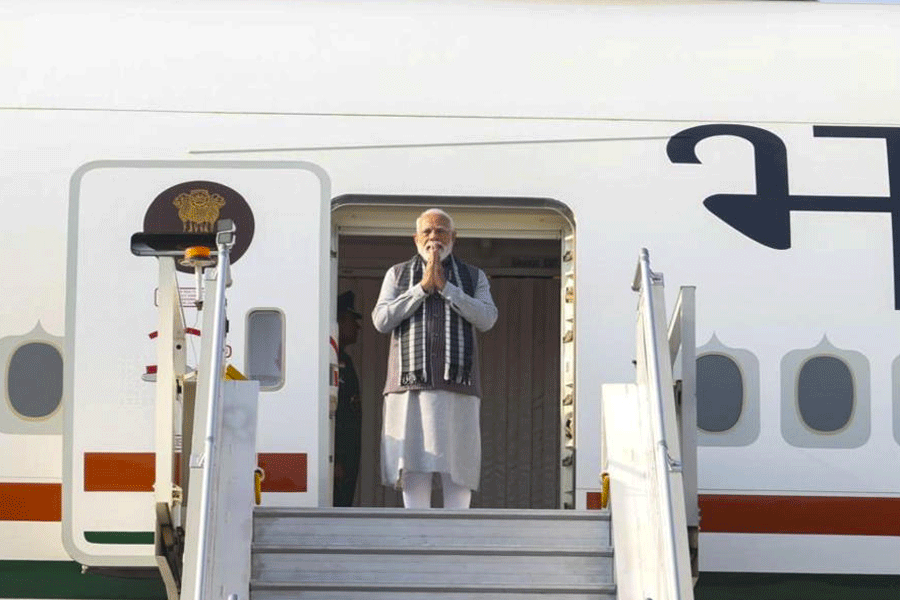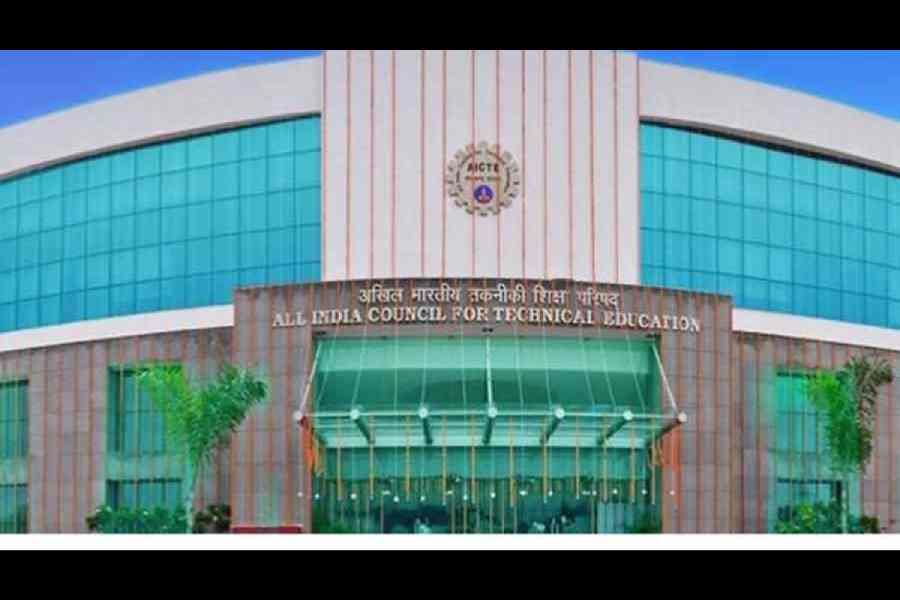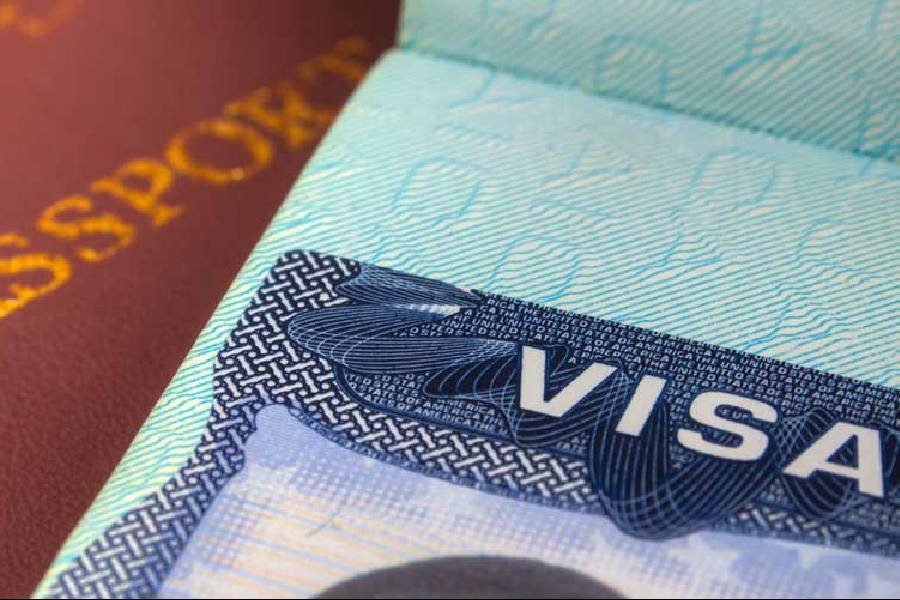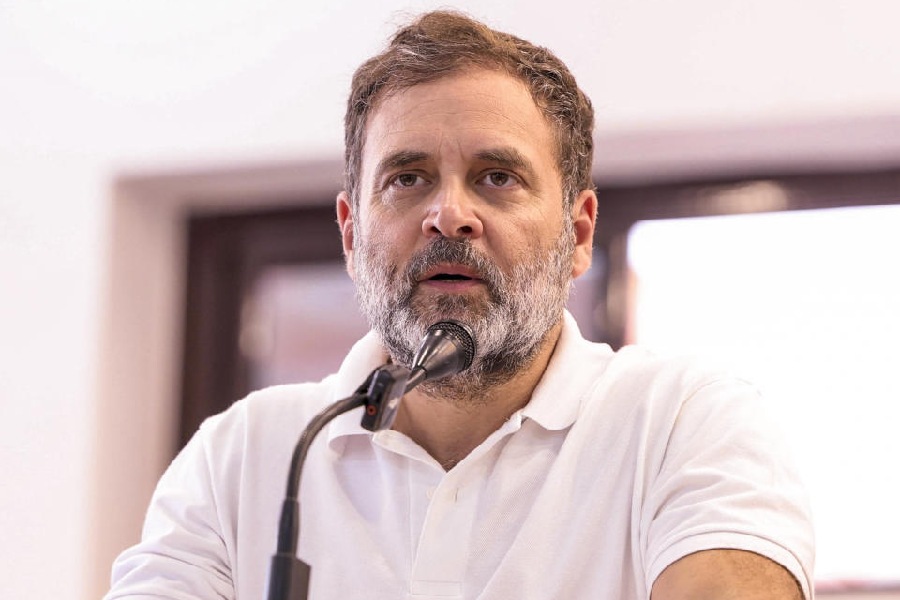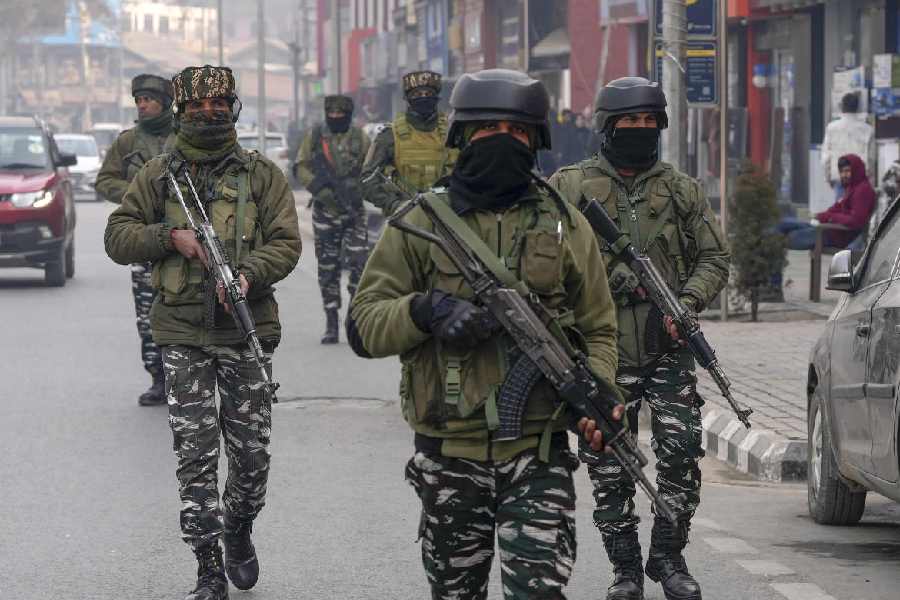
New Delhi, April 10: South Africa's political community is brimming with stories of India's unprecedented influence in the country, but Durban-based Penumala Pratap Kumar isn't celebrating.
Kumar, a professor of religion and theology, is worried that the scent of scandal swirling around a Saharanpur-born, South Africa-based family could stir a broader anti-Indian sentiment in the country that launched Mahatma Gandhi's political career a century ago.
To many in South Africa, President Jacob Zuma is so joined at the hip with a trio of brothers, the Guptas, originally from western Uttar Pradesh, that critics have come up with a new term for their alliance - the "Zuptas".
But years of corruption allegations against Zuma reached boiling point this spring after a junior minister in his government accused the Guptas of promising him a more senior job in the President's cabinet, an allegation that underscored suspicions of cronyism.
On Friday, the Guptas - Ajay, Atul and Rajesh - resigned from one of the many companies they own in South Africa, Oakbay Investments, where they had appointed one of Zuma's sons, Duduzane, as a director. Duduzane Zuma too has resigned.
But the allegations against the Guptas, which the family has denied, may have "compromised the position of the Indian community in South Africa more generally", Kumar warned.

"The Indian community feels that the Guptas have done a disfavour to the broader Indian community in so far as their political involvement is concerned," Kumar, an emeritus professor at the prestigious University of KwaZulu-Natal, said in an email from Durban.
"One must remember that the Guptas have been accused of interfering with the appointments of cabinet ministers."
The Gupta saga captures both the dramatic rise in influence of several Indian diaspora communities in countries they have adopted, and the challenges that come with it.
Indians are frequently among the most successful immigrant communities economically. But many of their business leaders have found themselves accused of bankrolling corrupt politicians. In Uganda, the Indian community is battling allegations very similar to those in South Africa.
Allegations of influence-peddling by Indian businessmen in various countries aren't new. Nor are the prospects of a backlash - often fuelled by racism, xenophobia, political opportunism and a troubled economy -without precedent.
But the recent concerns in South Africa and Uganda represent a revival of worries that had significantly receded since the attacks on Indians in Uganda in the 1970s, Fiji in the 1980s and Kenya in the 1990s.
"In any part of the world, it is business people who finance politicians, and in countries like Uganda, the Indian community dominates business, so campaign financing is natural," Sanjiv Patel, the third-generation Indian-origin owner of Tomil, an agri-business firm in Uganda, and the general secretary of the Indian Association in that country, told The Telegraph over the phone from Kampala.
"And yes, there are a few bad apples. But we're only financing politicians, not rigging elections."
Accusations of corporate groups influencing government decisions, especially relating to ministries such as petroleum, are not unknown in India, either.
In South Africa, the proximity between the Guptas and Zuma spilled out into full public view in 2013.
The Gupta brothers had organised a grand wedding for their niece - Vega Gupta, daughter of their only sister Achla. But Zuma found himself in the middle of a political storm after his government allowed a chartered plane full of the Gupta family's guests from India to land at a military airbase. A probe was ordered that cleared Zuma and the Guptas.
The recent controversy involves a claim by deputy finance minister Mcebisi Jonas that the Gupta brothers had offered to make him the finance minister late last year. Haranath Ghosh, spokesperson for the Gupta family in South Africa, did not respond to email queries from this newspaper.
Ghosh had, however, dismissed the allegations by Jonas in a statement on March 16.
"These latest allegations are just more political point-scoring between rival factions within the ANC," the statement said, referring to the African National Congress, which has ruled South Africa since the end of apartheid.
"To be clear: any suggestion that the Gupta family or any of our representatives or associates have offered anyone a job in government is totally false."
On Friday, the Guptas said they were resigning from Oakbay Investments "with deep regret and a heavy heart" and following "a period of sustained political attack on our family and our businesses".
The Guptas left Saharanpur in 1994 for South Africa, which they entered through information technology: they own Sahara Computers, where they once employed Duduzile Zuma, the President's daughter, and Sahara Systems, neither related to the Indian group by the same name.
"Family spokesman Haranath Ghosh told the BBC by email that their father, Shiv Kumar Gupta, sent Atul to South Africa, believing that Africa was about to become the 'America of the world' -the world's land of opportunity," the BBC has reported.
"It is said that when Atul arrived in what was then Africa's largest economy and he set up the family business Sahara Computers, he was amazed at the lack of red tape compared to India. They were small businessmen back home but their parent company Sahara Group... now has an annual turnover of about 200m rand ($22m) and employs some 10,000 people."
The Guptas have expanded their interests into mining, media, engineering, armoured vehicles and investment services. They own JIC Mining Services, where one of Zuma's wives, Bongi Ngeme-Zuma, earlier worked.
But the controversy surrounding Zuma isn't new. An Indian business leader, Schabir Shaik, was convicted of corruption in 2005 for lending half a million rand ($33,000) to Zuma, then the Deputy President. Zuma too had to resign.
Halfway up Africa's landmass, in Uganda, a similar debate is brewing.
Critics of Yoweri Museveni, Uganda's President since January 1986, allege that sections of the Indian community funded his election campaigns, including the recent polls he won to stay in power for another five years.
"The Indian community is supporting Museveni big time," Henry Mugazi, the head of the Alliance for Campaign Funding Monitoring, an election watchdog in Uganda, told this newspaper from Kampala.
"Some Indian companies contribute publicly through fundraisers, others do it discreetly. But they all support the party in power."
To many in the Indian community in Uganda, Museveni is a long-term ally. He apologised for the eviction ordered by former Ugandan dictator Idi Amin in 1972, during which 70,000 South Asians had to leave the country.
Museveni then invited Indian business leaders who had fled to return, and set up an agency that helped give them back property stolen from them.
Nimisha Madhvani, a member of the Madhvani family that runs one of Uganda's largest corporate groups, is the African country's ambassador to France, Spain and Portugal and its permanent delegate to Unesco.
Last year, Museveni had flown to Udaipur to attend the wedding of Sanjay, son of Gopichand Hinduja, one of the Hinduja brothers who run a global business conglomerate from their London headquarters.
Patel, the Indian-origin businessman, spent Saturday evening joining street celebrations in Kampala over Museveni's victory. Patel is a member of Museveni's National Resistance Movement.
But some Indian traits that may have allowed critics to generate xenophobia in the 1970s remain occasional targets even now, Patel said.
"We keep businesses within our families, and don't necessarily trust outsiders," Patel said. "Also, we like showing off."
In February, ahead of the presidential polls, the Indian high commission in Kampala had issued an advisory to the Indian community, cautioning them to stay away from political rallies after an Indian was attacked.
"All members are advised to avoid persons or groups of people campaigning while waving clubs, sticks or other items that could be used as weapons," the February 15 advisory said.
The challenges faced by Indian diaspora communities -and the allegations of peddling influence - aren't new, and have emerged frequently when Indians' growing economic clout has intersected with politics in their adopted homes.
T.P. Sreenivasan, retired Indian diplomat, knows these challenges well.

In 1987, Sreenivasan was the high commissioner in Fiji when he was ordered to leave by the government at a time Indians' political power was growing in the Pacific island country.
"There was a social contract there that the Indians could work in the plantations and manage the economy, but should stay away from politics," Sreenivasan said from Thiruvananthapuram, where he now lives. "When that contract broke down is when the clashes happened."
A decade later, Sreenivasan was high commissioner in Kenya. At his first meeting with members of the Kenyan Opposition after reaching Nairobi, the diplomat faced a series of unusual complaints.
"They were really upset because they said the Indian community was financing only the ruling party and not the Opposition," Sreenivasan recalled.
He communicated these concerns to Indian business leaders. But they remained convinced that they did not need to fund the Opposition, Sreenivasan said.
Then, one day in 1997, a group of armed Kenyans broke into the Indian high commission premises, pinned Sreenivasan down and broke his leg with iron rods.
"That was a signal," the diplomat said. "They were saying that Indians were not welcome unless they funded all sides of the polity."

once employed by a computer firm owned by the Guptas
In the UK, steel baron Lakshmi Mittal ran into controversy after he gave £125,000 to the Labour Party in June 2001. A month later, then British Prime Minister Tony Blair wrote to the Romanian Prime Minister saying he was "delighted" that Bucharest had agreed to privatise a nationalised steel plant by selling it to Mittal, triggering embarrassing allegations that Blair had assisted a donor.
But in the case of the Guptas, the allegations reinforce deep-seated sentiments in South African society about Indians, rooted as much in history as in the current disparity between the wealth of the diaspora community and the relative poverty of the country's African population.
Through the colonial era, Indians generally backed the British in South Africa and East Africa. Indians found themselves caught in clashes with angry African populations in 1949 and 1983, said Kumar, the Durban professor whose research has focused on the diaspora community.
In 2002, popular South African musician Mbongeni Ngema, in a song called Amandiya, lashed out at the country's leaders for reaching out to the Indian community.
"You, the powers-that-be in the country, are not prepared to enter the fray," goes the song, originally in Zulu.
"You wanted roti from these South Africans of Indian descent. Indians do not vote; when they vote, they vote for white people yet they are all over parliament, they are in big numbers in government."
This history adds to the discomfort within the Indian community over the allegations against the Guptas, Kumar said.
"That's why the Indian community generally distances itself from the Guptas," Kumar said.
"There is always a certain uneasiness among the Indians that the sentiments against the Guptas could be generalised and as such the rest of the Indians could be seen as being complicit in the story of the Guptas."
Additional reporting by Amit Roy from London

